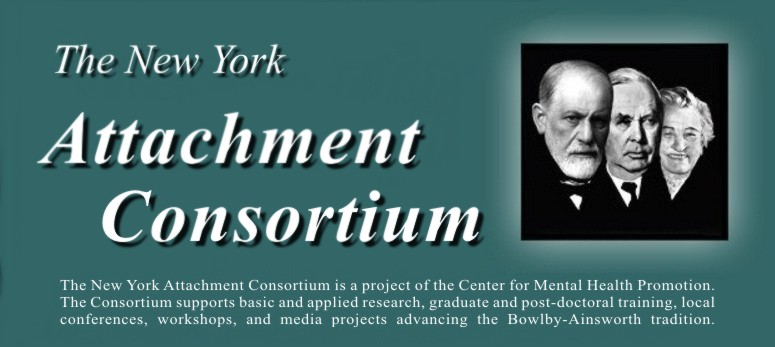|
2007
Awardees
 |
L.
Alan Sroufe
A Founder Of Modern Attachment Study and The Most Influential
Developmentalist Of His Generation
|
Alan Sroufe's contributions to modern attachment
study are legion. Most importantly, he has played the leading role
in integrating attachment theory with a broader developmental perspective.
This work is reflected in his widely cited articles on attachment
as an organizational construct, the coherence of individual development,
attachment and developmental psychopathology, and in his books on
emotional development. The multi-generational Minnesota Longitudinal
study
he conducted
with
Byron Egeland and
W. Andrew Collins stands alongside Mary Ainsworth's Baltimore study
as an unparalleled landmark in developmental research. In addition
to his theoretical and research contributions, Dr. Sroufe has been
a generaous and enthusiastic mentor, both in his work with students
at Minnseota and with the students and colleagues who have participated
in his training seminars on attachment assessment.
Key Publications
Attachment
as an organizational construct. Child Development, 1977,48,
1184-1199.
The coherence of individual development.
American Psychologist, 1979, 34(10), 834-841.
Infant-caregiver attachment and patterns
of adaptation in preschool: The roots of maladaptation and competence.
In M. Perlmutter (Ed.), Minnesota Symposium in Child Psychology
(1983, Vol. 16) pp. 41-83.
Attachment classification from the perspective
of infant-caregiver relationships and infant temperament. Child
Development, 1985, 56, 1-14.
Attachment and the construction
of relationships. In W. Hartup & Z. Rubin (Eds.), Relationships
and development (1986, pp. 51-71)..
The fate
of early experience following developmental change: Longitudinal
approaches to individual adaptation in childhood. Child Development,
1990, 61, 1363-1373.
One social
world: The integrated development of parent-child and peer relationships.
In W. A. Collins & B. Laursen (Eds.), Relationships as developmental
context: The 30th Minnesota syposium on child psychology (1999,
pp., 241-262).
Implications of attachment theory for developmental psychopathology.
Development and Psychopathology, 1999, 11, 1-13.
Placing early attachment experiences in developmental context.
In K. E. Grossmann, K. Grossmann, & E. Waters (Eds.), The
power of longitudinal attachment research: From infancy and childhood
to adulthood. (2005, pp. 48-70).
Attachment and development: A prospective,
longitudinal study from birth to adulthood. Attachment and
Human Development, 2005, 7, 349-367.
The development of the person: The Minnesota
longitudinal study of risk and adaptation from birth to adulthood. (2005.)
Guilford.

More
|








